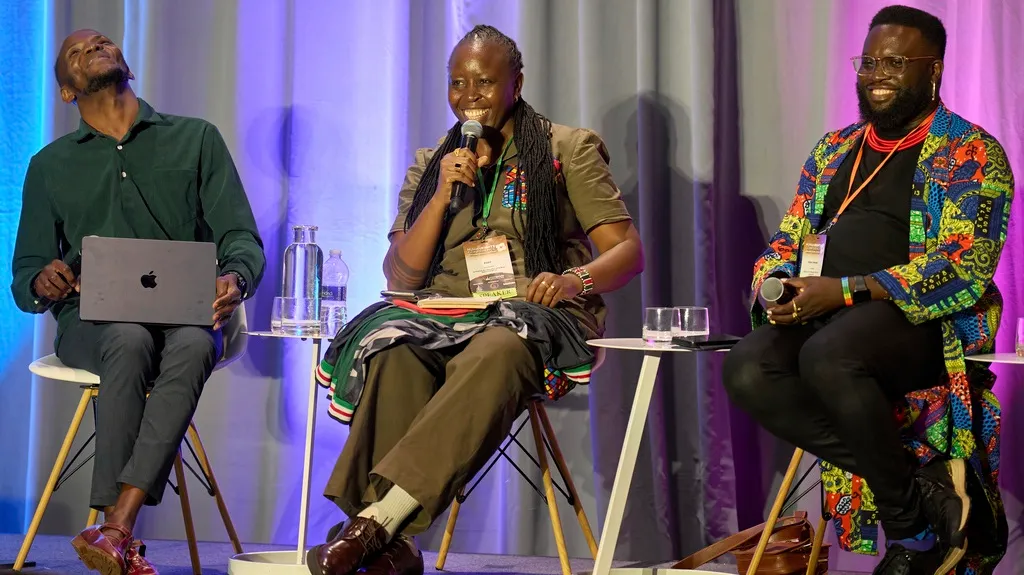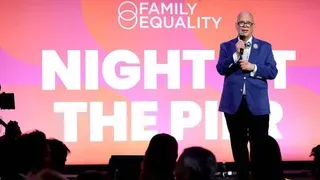March 10, 2012
You Can Prevent a Hot Hook-Up Becoming a Crime Scene
Steve Weinstein READ TIME: 3 MIN.
The recent murder of a man in Chelsea neighborhood shocked the normally safe New York City neighborhood. As reported here, if sources and news reports are correct, the man may have been murdered by someone he met and brought home.
There have been several murders, in New York and around the country, of men who met someone often but not always an escort, and ended up a murder victim. There is nothing new about this horrific type of crime. Certainly, men have been meeting other men in bars or public spaces like parks and bringing them home. But the Internet has made hooking up with a stranger more prevalent.
The Anti-Violence Project is a New York-based organization that works to prevent violence against LGBT New Yorkers. It is the most prominent of the regional anti-violence organizations. Its executive director, Sharon Staple, has become an eloquent spokesperson in the continuing fight against anti-LGBT violence.
The AVP has a brief guide to "staying safe." Staple recently spoke to EDGE to share her insights about how people can take measures to prevent any kind of hook-up from becoming violent -- and what to do if the situation turns ugly.
EDGE: Is there any degree of danger in the various kinds of hook-ups: online escort, hook-up site, outdoor cruising area, bar?
Sharon Staple: We would define pick-up violence or violence that happens as a result of a pick-up to include escorts. The distinction we are trying to make is between picking someone up or hooking up with someone you already know or do not know well. The alert applies equally to escort, meet at bar, or cruising area.
Our goal is to tell people they should be thinking about way to deliberately stay safe with someone you don't know well. We know people won't stop hooking up; we want to minimize the danger.
EDGE: What's the most important precaution someone can take?
Staple: Let your friends know what you're going to be doing, whether a text message or some other form of communication. Plan to check in at some point during the evening. When your friend texts you, you can text back, "Everything's fine, " or "It's getting weird."
If you're meeting for first time, meet in a public place before going back to your place. I know that might not be desirable for everyone, but it gives you the opportunity to decide and to say, "I don't think this is going to work out." Tell the friend, "If I don't text by 10 p.m., come over!"
EDGE: If you meet someone online -- or even talk on the phone first -- there's going to be an electronic trail. Wouldn't knowing that deter someone?
Staple: ): If violence does occur, people who meet on the Internet do give the police a way to follow what has happened. The overall issue, however, is that we want people to know who's on the other end.
EDGE: Is an escort potentially safer than a regular hook-up?
Staple: At the end of the day, there's no guarantee about safety. There's no way to know who they are.
EDGE: I'd like to think that, if I met someone on the street, I'd stop in at the corner deli, where I'm known, with that person, buy something and make a comment about how I was headed home.
Staple: Establishing that you've been seen with another person is not as effective as a check-in with a friend. Because in a pick-up, two people are alone together, it's not going to help if you went to a deli beforehand.
Here are some of AVP's other tips:
� If not your home, share the address of your meeting place with someone, the time and phone number of your trick.
� Trust your instincts. If it doesn't feel right, end the situation as soon as you can.
One of the biggest issues with a bad hook-up, Staple noted, is that people are often embarrassed about it or don't want to report it to the police. If you are the victim of violence, call AVP's hotline at 212-714-1141. Even if you're not in New York, AVP can connect you with the right resource to help see you through it.
Steve Weinstein has been a regular correspondent for the International Herald Tribune, the Advocate, the Village Voice and Out. He has been covering the AIDS crisis since the early '80s, when he began his career. He is the author of "The Q Guide to Fire Island" (Alyson, 2007).



